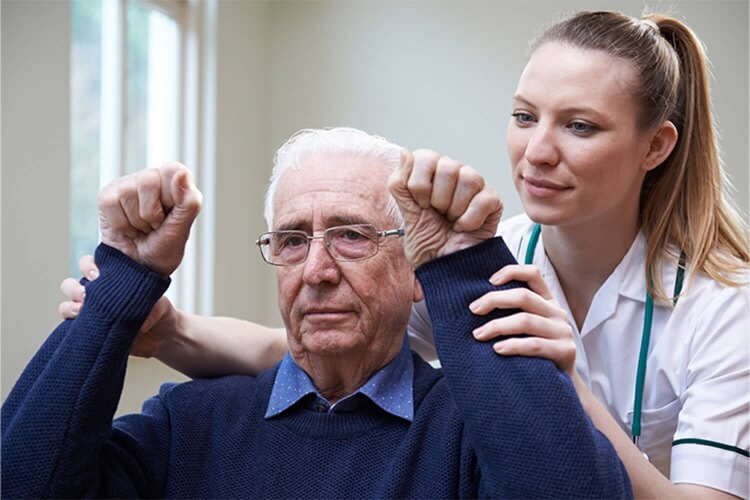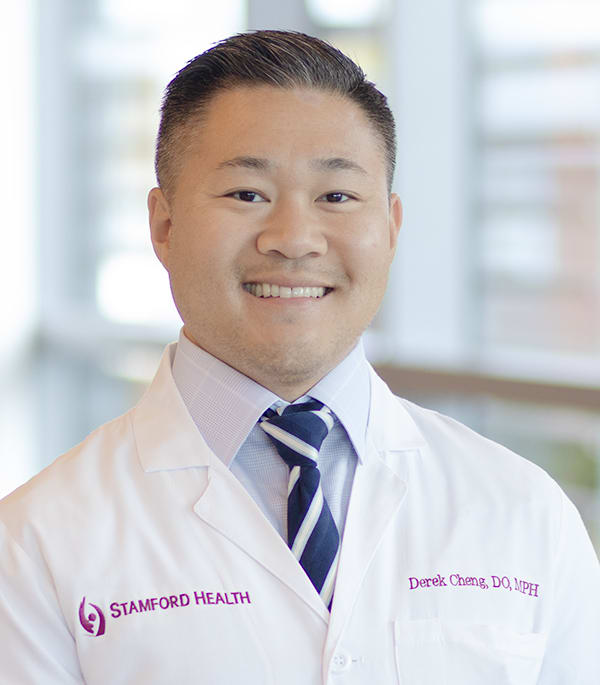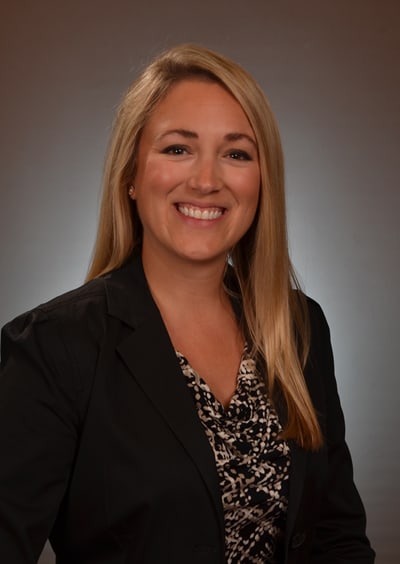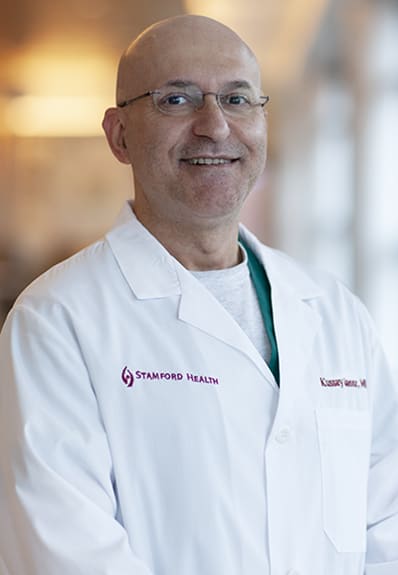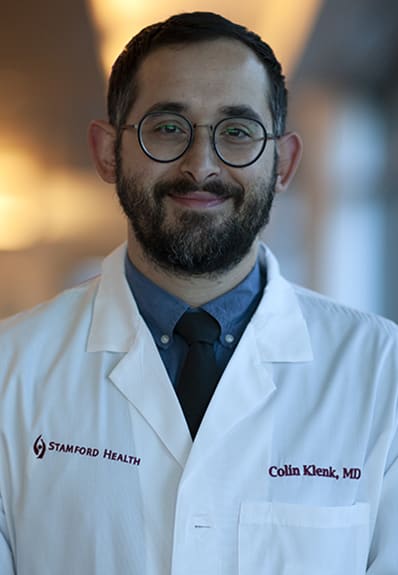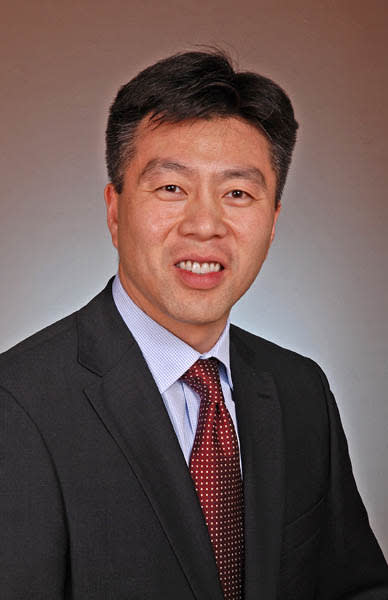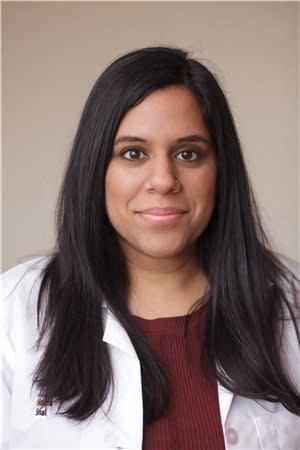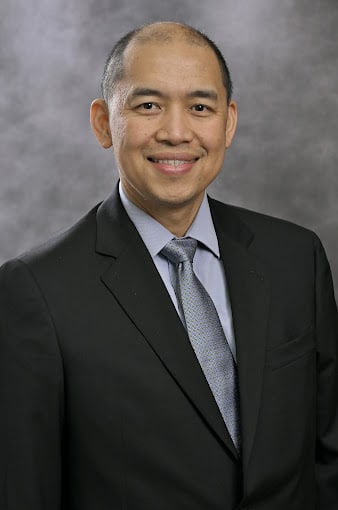Our Approach
In the event of a stroke, it is important to seek care quickly. A stroke occurs when a blood vessel that carries oxygen and nutrients to the brain is either blocked by a clot or bursts. When this happens, part of the brain cannot get the blood and oxygen it needs, so brain cells die.
Our neuro-hospitalists are on call 24/7 to rapidly assess patients. Together with nurses, a stroke coordinator, a stroke neurologist, and physical, speech, and occupational therapists, the Stroke Center’s team is dedicated to deciding the best course of treatment.
Meet Our Providers
What You Need To Know About Strokes
The Stamford Health Stroke Center recognizes individual needs of each patient so we can provide personalized, compassionate care. If we do suspect stroke, our team becomes involved rapidly, performing tests to determine the exact type, location, and cause of stroke. We also work to rule out any other possible disorders.
-
WARNING SIGNS
-
TYPES OF STROKE
-
RISK FACTORS, PREVENTION & SCREENING

Warning Signs
We encourage you to recognize the sudden warning signs and symptoms of a stroke by remembering the phrase BE-FAST. Call 911 if you notice any of the following:
- Balance: Difficulty walking, dizziness, loss of balance or coordination.
- Eyes: Sudden trouble seeing in one or both eyes. Severe headache, neck pain or sensitivity to light with no known cause.
- Face: Sudden onset of one side of the face drooping.
- Arms: Sudden numbness or weakness of the face, arm or leg (commonly on one side).
- Speech: Sudden confusion, trouble speaking or understanding.
- Time: The quicker you can receive treatment, the more brain that can be saved. Call 911; do not drive the person to the local emergency room. If known, note the time the patient was last seen well and give this information to emergency personnel.


Types Of Stroke
There are three main types of stroke:
- Hemorrhagic: Results from a weakened blood vessel that ruptures and bleeds into the surrounding brain.
- Transient ischemic attack (TIA): Also called a mini-stroke and characterized as a “warning stroke.” It’s a temporary blockage caused by a clot, and while usually not harmful, you should seek medical attention.
- Ischemic: Also known as clots. Occurs as a result of blockage within a blood vessel supplying blood to the brain.

Risk Factors, Prevention & Screening
To help prevent a stroke before it strikes, the Stamford Health Stroke Center conducts community screenings throughout the year at venues like employee health fairs and senior centers to help identify individuals who have certain risk factors. We then will make a referral to an appropriate specialist at Stamford Health.
- Alcohol use.
- Atherosclerosis.
- Atrial fibrillation.
- Circulation problems.
- Diabetes.
- High blood pressure.
- High cholesterol.
- Illegal drug use.
- Obesity.
- Physical inactivity.
- Sleep apnea.
- Tobacco use.
- Alcohol use.
- Atherosclerosis.
- Atrial fibrillation.
- Circulation problems.
- Diabetes.
- High blood pressure.
- High cholesterol.
- Illegal drug use.
- Obesity.
- Physical inactivity.
- Sleep apnea.
- Tobacco use.
Higher Level Of Stroke Care
Our commitment to providing expert, person-centered care has been recognized by a number of highly respected organizations.
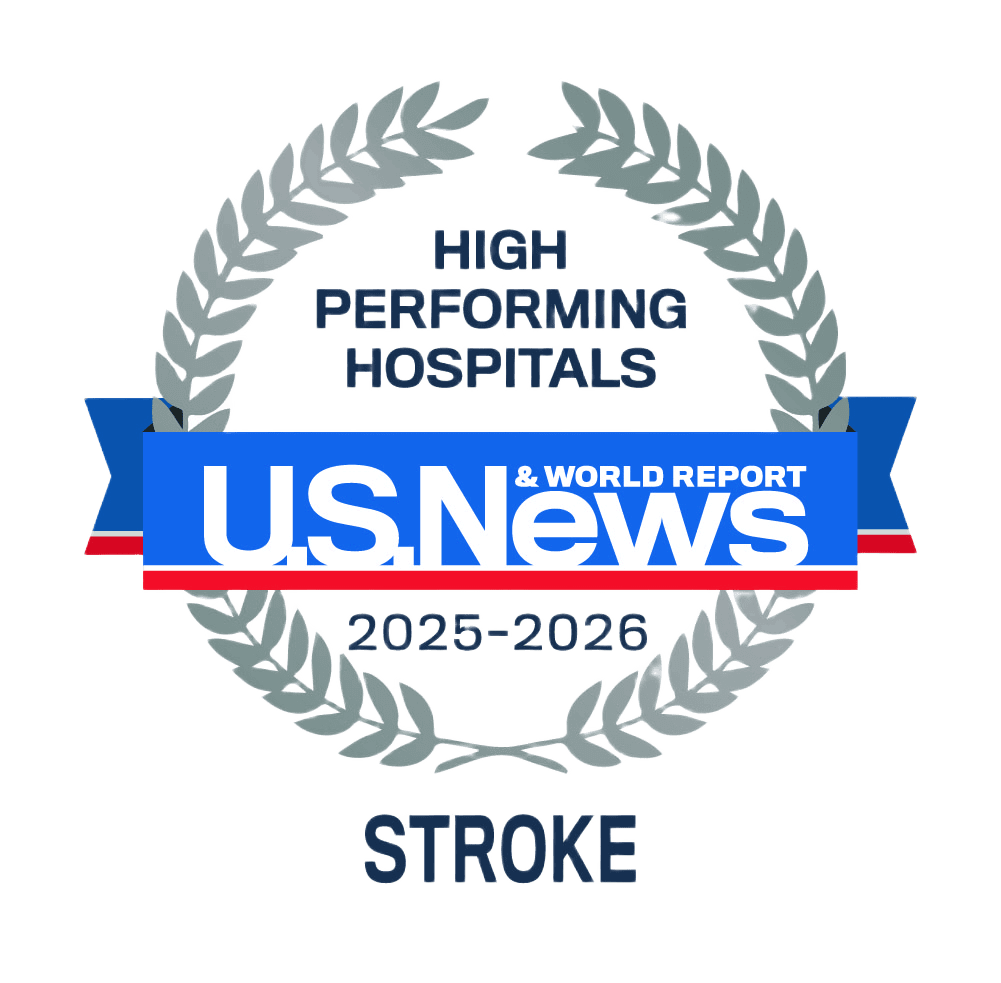
USNWR
Recognized by U.S. News & World Report 2025-2026 as a high performing hospital in stroke care.
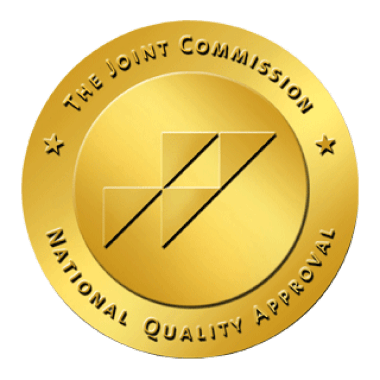
Joint Commission
The Stroke Center has been recognized by The Joint Commission.
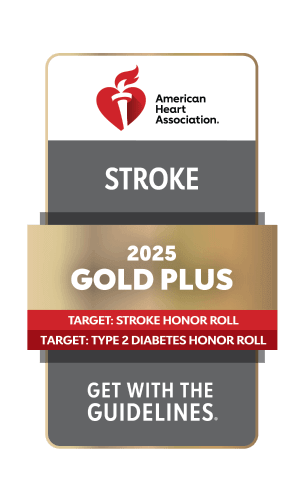
American Heart Association
The American Heart Association has recognized Stamford Hospital in the Get With The Guidelines® -Stroke Program.
Patient Story


